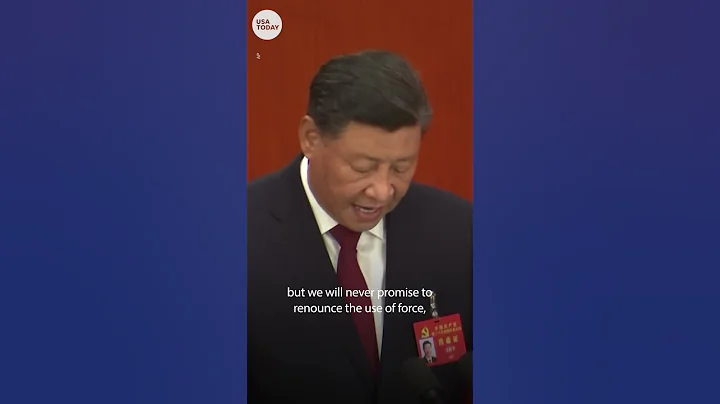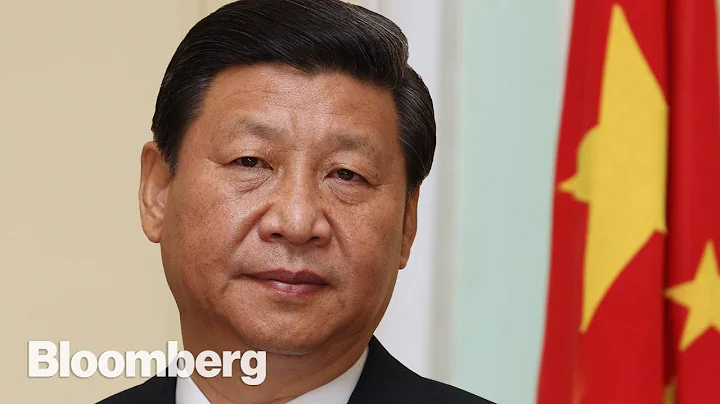
According to US media reports, on June 27, US Secretary of Commerce Gina Raimondo put pressure on the US Congress to approve US$52 billion in funds as soon as possible to support chip manufacturers to expand production capacity. Raimondo warned that if the bill is not introduced, many chip manufacturers will abandon plans to expand U.S. factory capacity.
Raimondo has previously said that 20 years ago, the United States produced 40% of the world's chips, but today, this share has dropped to 12%. Therefore, she evaluated this bill as "a step closer to revitalizing the U.S. semiconductor manufacturing industry, ensuring our critical supply chains, and bringing high-quality jobs to the country."

Previously, on March 27, after months of debate, the U.S. Senate finally reached a compromise on the bill to provide 52 billion subsidies to the chip industry. After the Senate passed the bill, it was sent to the House of Representatives, where the process has been stalled for three months.
Even if the House of Representatives passes the bill, the bill still needs to go back to the Senate for a vote before the next step can be started. In March, some analysts predicted that the final agreement might not be completed until the summer, but now it seems that the bill will be agreed and passed in a long time.

Earlier this Monday, Chinese Taiwanese company Global Wafer announced that it would invest US$5 billion to build a factory in Texas to produce silicon wafers , the raw material for chips. Raimondo said the company's CEO told her that whether the investment will ultimately materialize will depend on whether the U.S. Congress approves the subsidy bill.
Unlike the United States, which is dilly-dallying, other countries have already started plans to protect and support the chip industry. The reason why Global Wafer mentioned above built a new factory in the United States is because its previous plan to acquire German chip manufacturer Siltronic failed due to review by the German Ministry of Economic Affairs.
Since automobile manufacturing, one of the main industries, has been affected by the shortage of chips, the German government has always paid close attention to the chip industry. The 43 billion euro chip investment bill passed by the European Union previously prompted Intel to build a wafer factory in Magdeburg, Germany.

Since the beginning of this year, the chip supply has continued to be in short supply, which has greatly affected the production of the automobile, home appliances and electronics industries, and many American companies have had to reduce the scale of production. In addition, due to the historically high inflation currently facing the United States, the price increases of home appliances and digital products caused by the shortage of chips will further push up the inflation rate, forming a vicious cycle. If American politicians remain stubborn and continue to waffle, other countries will seize the opportunity to compete in the chip game.
Text | Wei Lai Title | Zeng Yi Review | Li Zepu











